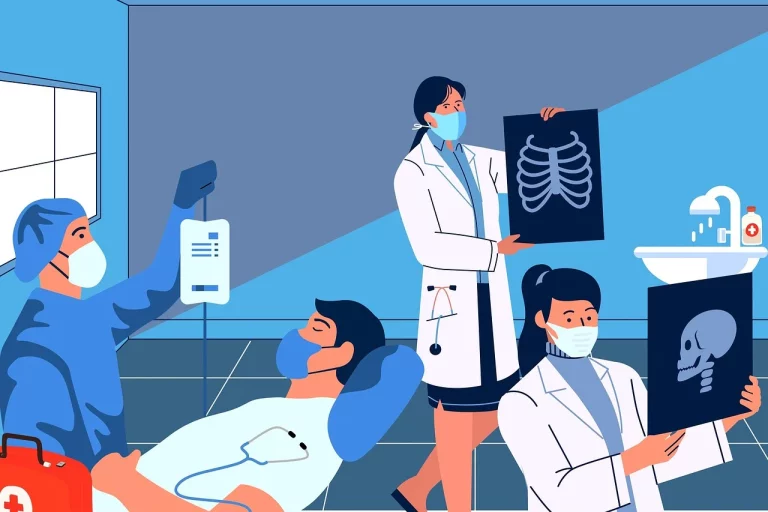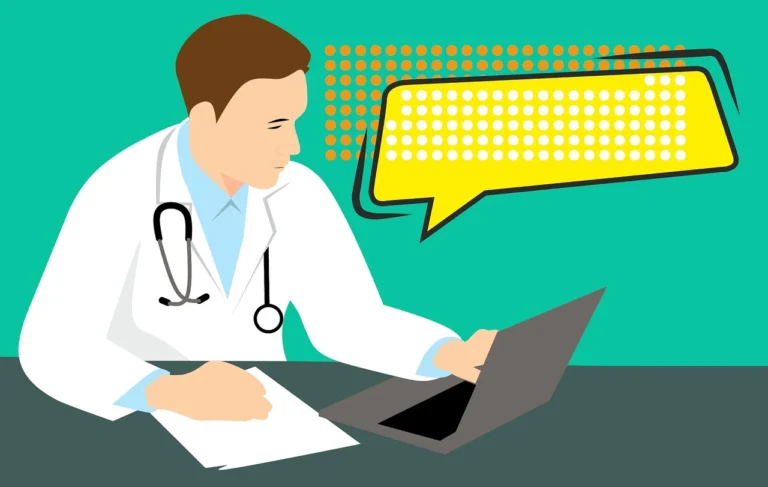Book Appointment Now

The Future of Nursing Informatics: Trends and Innovations
Nursing informatics is at the forefront of technological transformation in healthcare. As technology continues to advance, nursing informatics is evolving to incorporate cutting-edge innovations that enhance patient care, improve efficiency, and support evidence-based practices. In this article, we explore the emerging technologies and future trends shaping the future of nursing informatics, including blockchain, genomics, and the integration of artificial intelligence (AI).
Get a custom paper help about the future of nursing informatics: trends and innovations
Order Custom Nursing Paper
The Rise of Blockchain in Nursing Informatics
1. Blockchain Technology and Its Potential in Healthcare
Blockchain technology, originally designed for secure cryptocurrency transactions, is now being explored for its potential in healthcare. Blockchain offers a decentralized and transparent way to store and share data, making it an ideal solution for maintaining the integrity and security of patient information. In nursing informatics, blockchain can revolutionize data sharing by ensuring that patient records are accurate, tamper-proof, and easily accessible across different healthcare systems.
- Benefits: Blockchain can help reduce fraud, prevent data breaches, and ensure that patient data is both secure and readily available when needed.
- Future Impact: As healthcare continues to digitize, blockchain could become the backbone of healthcare data systems, allowing for seamless, secure data exchange between healthcare providers, patients, and institutions.
Advancements in Genomics and Personalized Medicine
2. Genomics and Its Integration into Nursing Informatics
With the rapid advances in genomic sequencing, healthcare providers are increasingly able to offer personalized medicine based on a patient’s genetic makeup. Genomics allows nurses and healthcare providers to tailor treatment plans, predict disease risk, and understand the genetic factors that influence patient health.
In nursing informatics, genomic data will play a crucial role in patient care by providing deeper insights into individual health profiles. Integrating genomic data into nursing practice will enable nurses to deliver more personalized care and support informed decision-making.
- Benefits: Genomic integration allows for targeted therapies and preventive measures, reducing the trial-and-error approach to treatment.
- Future Impact: The widespread use of genomic data will drive a more personalized, precision-based approach to healthcare, where nursing informatics supports the integration of this data into everyday clinical practice.
Artificial Intelligence: Revolutionizing Nursing Practice
3. The Role of Artificial Intelligence in Nursing Informatics
Artificial Intelligence (AI) is rapidly transforming healthcare, and nursing is no exception. AI tools are being developed to assist nurses in clinical decision-making, predictive analytics, and patient monitoring. For instance, AI algorithms can analyze patient data to predict potential health risks, allowing nurses to intervene early and improve patient outcomes.
AI-powered tools such as chatbots, clinical decision support systems (CDSS), and predictive analytics platforms are increasingly being integrated into nursing informatics systems, enabling nurses to make more informed decisions and improve the quality of care they provide.
- Benefits: AI helps nurses by reducing administrative tasks, identifying health patterns, and improving accuracy in diagnosis and treatment planning.
- Future Impact: As AI becomes more advanced, it will play an even larger role in nursing, automating routine tasks, enhancing patient monitoring, and supporting clinical decision-making in real time.
The Integration of Wearables and Remote Monitoring
4. Remote Monitoring and Wearable Devices in Nursing Informatics
Wearable devices, such as smartwatches and fitness trackers, are becoming essential tools in nursing informatics, enabling continuous monitoring of patients’ health outside of the clinical setting. These devices collect real-time data, such as heart rate, blood pressure, and activity levels, and can send this data directly to healthcare providers.
For nurses, wearable devices offer a way to monitor patients remotely, particularly those with chronic conditions, and ensure early intervention if health issues arise. These technologies improve patient outcomes by allowing for continuous care and timely responses.
- Benefits: Wearable devices increase patient engagement, provide real-time health data, and help prevent hospital readmissions.
- Future Impact: As wearable technologies advance, they will become more integrated into nursing workflows, allowing nurses to offer proactive care based on continuous data streams.
The Future of Nursing Informatics: A Digital Health Ecosystem
5. The Growing Role of Digital Health Technologies
The future of nursing informatics lies in the creation of a fully integrated digital health ecosystem, where AI, blockchain, genomics, and remote monitoring work seamlessly together to support better patient care. Nurses will be able to access comprehensive, real-time data from multiple sources, enabling them to make more informed decisions, track patient progress, and deliver personalized care.
This digital ecosystem will enhance the collaboration between healthcare providers, improve workflow efficiency, and ensure patients receive the right care at the right time. As technology continues to advance, nurses will increasingly be seen as data stewards who not only manage patient care but also leverage emerging technologies to improve clinical outcomes.
- Benefits: A digital health ecosystem enhances care coordination, reduces medical errors, and promotes preventative care.
- Future Impact: The integration of various technologies into a cohesive system will lead to more connected and efficient healthcare systems, where nurses play a pivotal role in driving innovation and improving patient outcomes.
Embracing the Future of Nursing Informatics
The future of nursing informatics is exciting, with numerous trends and innovations set to transform the healthcare landscape. Technologies like blockchain, genomics, and AI are poised to reshape how nurses deliver care, manage patient data, and collaborate with other healthcare providers. By embracing these advancements, nurses can enhance patient care, improve healthcare efficiency, and contribute to a more personalized and data-driven approach to healthcare.
As technology continues to evolve, nurses must stay informed and adapt to the changing landscape of nursing informatics. With the right training and a commitment to innovation, nurses will continue to play a crucial role in shaping the future of healthcare.
Call to Action:
To stay ahead of the curve, nursing professionals must engage in ongoing education about emerging technologies in nursing informatics. By adopting new tools and technologies, nurses can enhance patient care and improve healthcare outcomes in the rapidly evolving digital landscape.
Also read:







